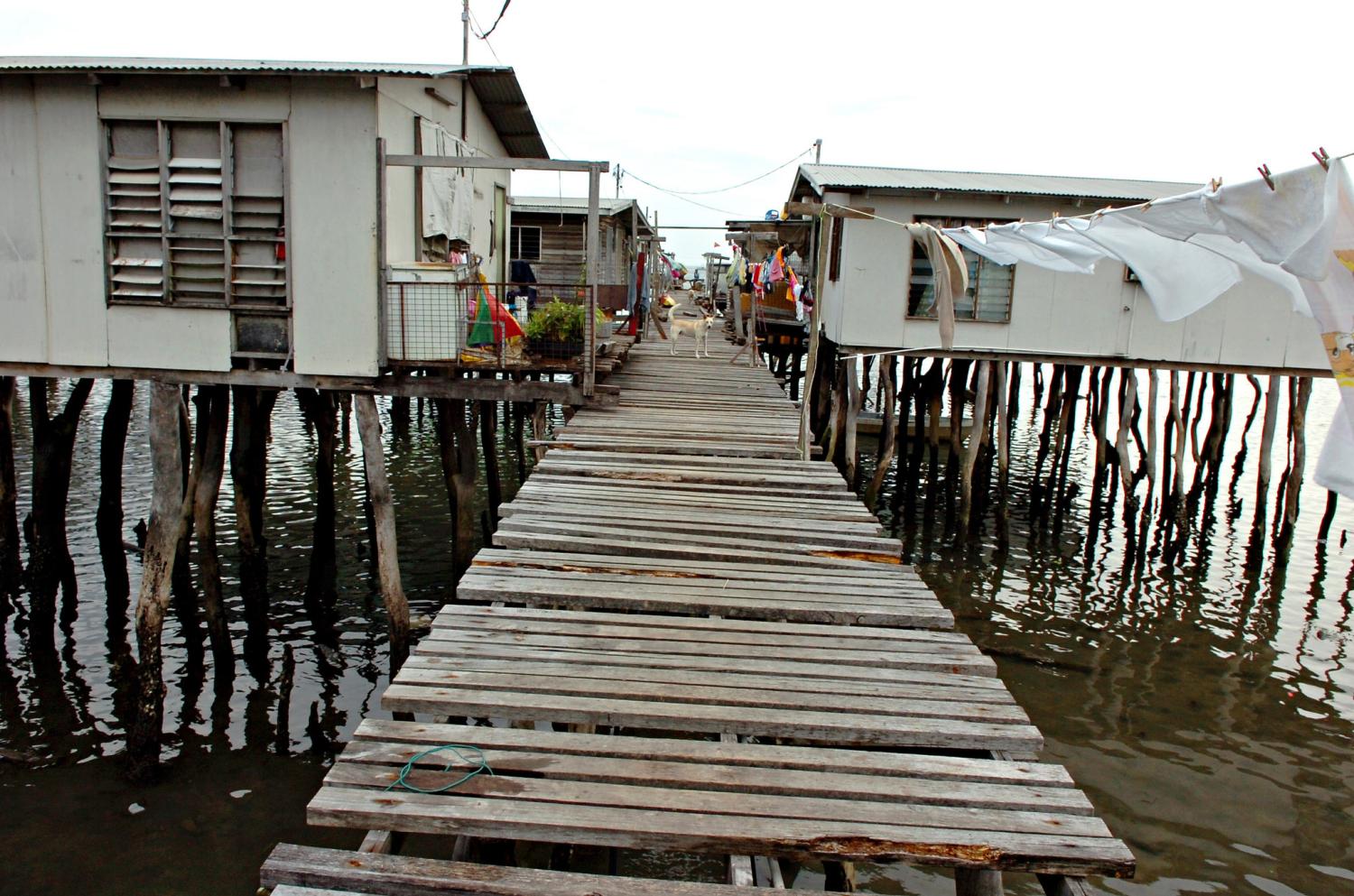Asylum seekers who have fled states that outlaw their sexuality or gender identity are escaping the threat of abuse, imprisonment and even murder, but the public debate over asylum seekers and offshore detention centres largely overlooks their plight.
LGBTQ+ asylum seekers detained in centres on Manus Island and Nauru are especially vulnerable to violence. The Refugee Council of Australia notes that 'there have been consistent and alarming reports of abuse (sexual and otherwise), including of those living in the community in Nauru and of gay and lesbian people'. Similarly, Human Rights Watch noted in their recently released World Report 2017 that 'gay asylum seekers on Manus Island have reported being shunned, sexually abused, or assaulted by other asylum seekers'.
Homosexuality is still criminalised in Papua New Guinea, and if LGBTQ+ asylum seekers were released in Papua New Guinea, they would face a strong likelihood of experiencing 'violence, intimidation, imprisonment and possible death', according to Human Rights Watch.
The murder of a gay Papua New Guinean man, Harry Peter, in Alotau in October 2016, allegedly targeted because of his sexuality, highlights the potential danger to LGBTQ+ asylum seekers in PNG (and is a sad reminder that local LGBTQ+ people in the Pacific face similar threats and challenges every day). Advocates in the Pacific condemned his murder and claim the crime has not been properly investigated by local police. As in most countries, there are slightly safer neighbourhoods for LGBTQ+ people in Papua New Guinea and attitudes are changing in some sectors of the community, but homophobia is still predominant.
There are parallels in Nauru, where homosexuality was only decriminalised in 2016 and homophobia is similarly prevalent. There are currently two Iranian refugees detained in Nauru who are in fear for their lives after being physically and verbally abused for their sexuality and their relationship with each other. While their story was picked up by Australian media last year around the same time as Mardi Gras, this issue generally goes all but unnoticed.
In Australia, there is a general culture of tolerance, as demonstrated by the majority support for marriage equality, but the unintended consequences of our actions in the Pacific are often not considered. Most Australians would likely be appalled to learn of the situation of these vulnerable refugees. Dennis Altman, a leading academic and campaigner for queer rights, recently discussed the fact that, while the majority of Australians now accept LGBTQ+ rights and support same-sex marriage, most are not aware of this issue, even within the LGBTQ+ community in Australia:
It's interesting how many people have leapt on the bandwagon (supporting same-sex marriage) but remain silent about the fact we are holding men in detention in Papua New Guinea who have fled because of their sexuality. Were they to be released in Papua New Guinea, which the government says they could be, they face huge possibilities of violence, intimidation, imprisonment and maybe death. While I understand the passion of people who want to get married, I think sometimes a bit of humility is called for – a bit of recognition that for most people in the world this is not the most important issue.
The 1951 Refugee Convention focuses on political persecution and does not include discrimination against sexual and gender-based identity groups. This is still a developing area for both human rights and migration discourse. However, Australian refugee policy should ensure the safety of LGBTQ+ asylum seekers, in line with our culture of tolerance and protection of sexual and gender minority groups.
There should be improvements to the current processing system to appropriately assess LGBTQ+ applicants in a manner that does the least harm. When seeking asylum in Australia, applicants have to prove the well-grounded fear of persecution as part of the process. Sexuality is undoubtedly particularly challenging to prove for both the applicant and the host country. But LGBTQ+ applicants should not have to declare and prove their homosexuality in the current manner. This reflects an institutional culture of suspicion and demonstrates a lack of understanding of the complex and deeply personal nature of sexual and gender identity.
Any LGBTQ+ asylum seekers should be moved to countries that welcome and protect LGBTQ+ people. They should not be considered for release in states that criminalise homosexuality or possess the harmful homophobic attitudes that these asylum seekers are trying to escape in the first place.

